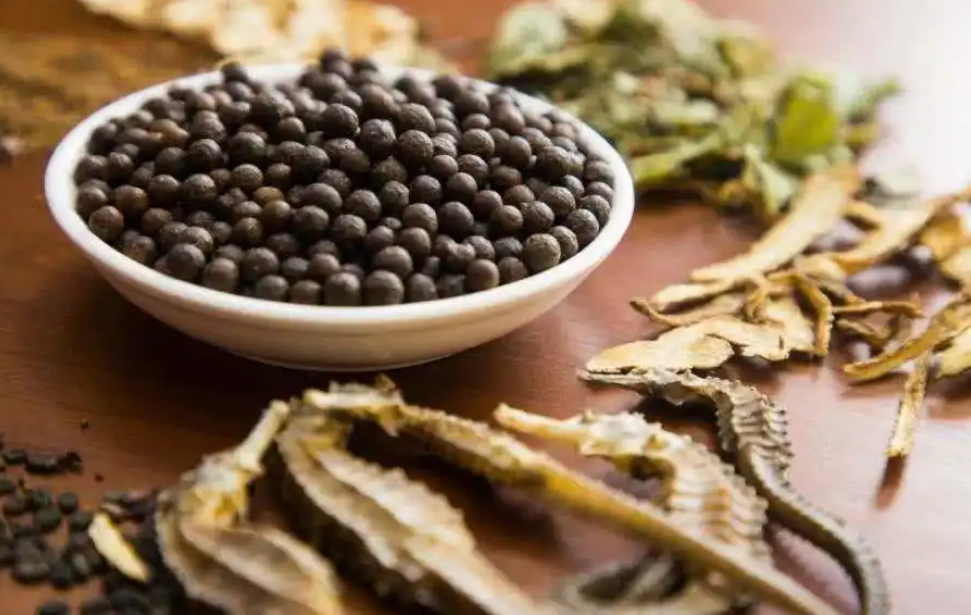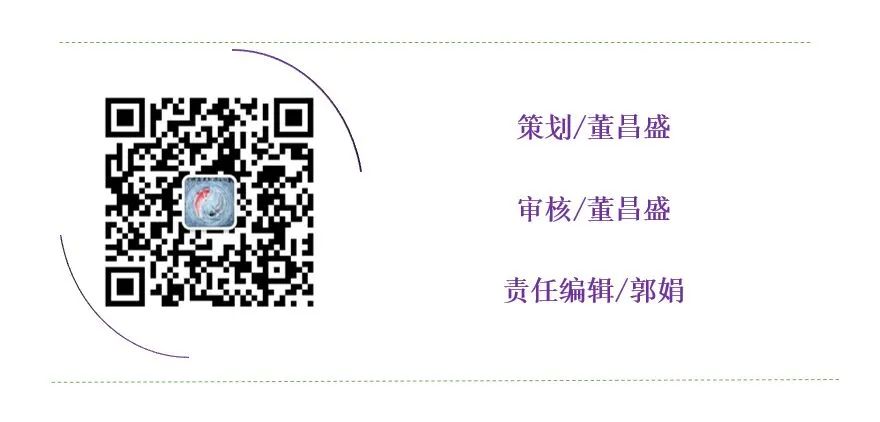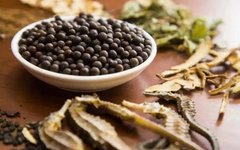
In daily life, those who come into contact with Traditional Chinese Medicine (TCM) will find that there are many forms of Chinese herbal medicine. In TCM, this is referred to as different dosage forms of Chinese medicine. Due to different processing methods, various forms of dosage are presented.
For example, the most common is the liquid herbal decoction, which we call tangji (decoction); there are also powdered herbs, which we call fenji (powder); for plasters, we refer to them as gaoji (plaster); and for pills, we call them wánjì (pills) or dànjì (dan).
Among the pills, there are also various types based on differences in manufacturing processes. At this point, it can often be confusing. Today, we will explain the differences between several common types of pills: Shuiwan (water pills), Shuimiyan (water honey pills), and Miyan (honey pills).
Shuiwan
Definition: Shuiwan, also known as Shuifanwan (water floating pills), are pills with a diameter of approximately 3-6mm, made from finely powdered herbs using water or, according to the prescription, yellow wine, diluted herbal juice, or syrup as excipients.
Excipients: Water (cool boiled water), yellow wine vinegar, diluted herbal juice (certain herbs in the prescription that are difficult to grind or too large can be juiced or extracted to serve as excipients).
Indications: Shuiwan is easily absorbed and dissolves quickly, commonly used for short-term illnesses and superficial conditions, suitable for colds, heat, and diarrhea.
Preparation: The traditional manual preparation process for Shuiwan includes: preparation of raw materials — molding — shaping into pills — covering — drying — packaging (traditional manual methods can be used, or machine methods can be employed. Specifications are not strictly defined, and pharmacies can prepare according to customary practices, calculating dosage by weight).
Shuimiyan
Definition: Shuimiyan is a type of pill created by pharmaceutical workers after the liberation, based on the principles of Shuiwan. It is made from powdered herbs using refined honey and water as binders, with a pill diameter of approximately 3-6mm.
The method is simple, production efficiency is high, and the pills are small, smooth, and easy to swallow. It can also be understood that Shuimiyan is a derived and improved dosage form of small honey pills (the honey content in Shuimiyan is relatively low, and those with blood sugar control requirements can choose accordingly).
Excipients: Refined honey + water (the reason for using refined honey with water instead of directly using honey water is that refined honey has already removed impurities and some proteases, making it easier for the pills to be stored).
Indications: Shuimiyan has a low honey content, with mild nourishing effects, suitable for patients who need nourishment and have blood sugar control requirements.
Preparation: Shuimiyan is created based on the preparation principles of Shuiwan, with the same method but different excipients. The appearance of Shuimiyan and Shuiwan pills is similar when prepared from the same prescription at the same pharmacy (Shuimiyan is smoother due to the honey content).
Miyan
Definition: Dà Mìwán (large honey pills) are made from finely powdered Chinese herbal pieces mixed with refined honey. Each pill weighs 0.5 grams (containing 0.5g) or more. Dà Mìwán is suitable for herbs that are difficult to grind and are easy to store.
Excipients: Refined honey. Depending on the moisture content of the honey, it is divided into tender honey, medium honey, and old honey; the purpose of refining honey is to remove impurities, destroy enzymes, kill microorganisms, evaporate moisture, and enhance stickiness. When making pills, the appropriate type of honey is selected based on the properties of the herbal pieces in each prescription to ensure the effectiveness of pill making.
Indications: Dà Mìwán is rich in honey, soft in nature, with mild effects, commonly used for conditions requiring nourishment, suitable for qi deficiency, spleen and stomach deficiency, and kidney deficiency.
Preparation: Manual molding method. The process includes: grinding raw materials — refining honey — combining herbs — shaping into strips and pills — packaging and storage.
We hope this explanation helps clarify your understanding of these types of pills.
Wishing you health and longevity without pitfalls, follow TCM expert Dong Changsheng!
Author and Editor: Guo Juan
Reviewed and Edited: Dong Changsheng



